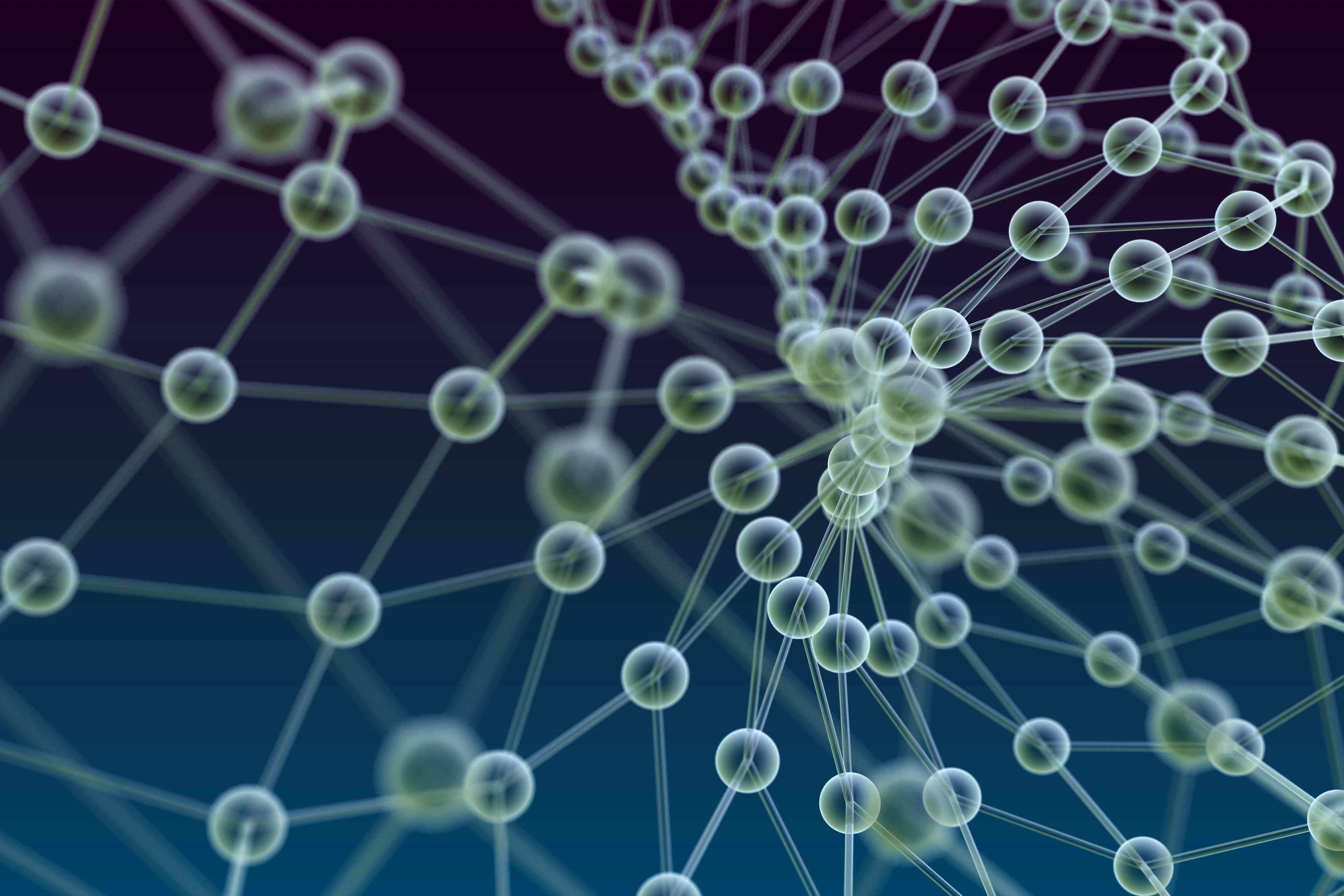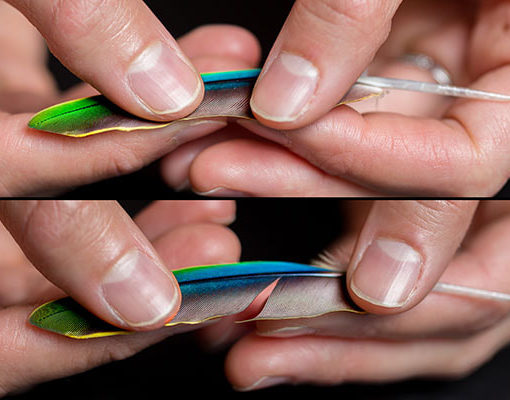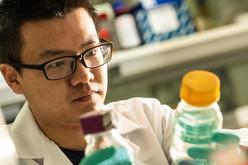September 2018

Recyclable Polymers With Practical PropertiesColorado State University chemists have announced in the journal Science another major step toward waste-free, sustainable materials that could one day compete with conventional plastics. Led by Eugene Chen, professor in the Department of Chemistry, they have discovered a polymer with many of the same characteristics as plastics that can also be converted back to its original small-molecule state for complete chemical recyclability. This can be accomplished without the use of toxic chemicals or intensive lab procedures.The work builds on a previous generation of a chemically recyclable polymer Chen’s lab first demonstrated in 2015. Making the old version required extremely cold conditions that would have limited its industrial potential. The previous polymer also had low heat resistance and molecular weight, and, while plastic-like, was relatively soft.But the fundamental knowledge gained from that study was invaluable, Chen said. It led to a design principle for developing future-generation polymers that not only are chemically recyclable, but also exhibit robust practical properties.The new, much-improved polymer structure resolves the issues of the first-generation material. The monomer can be conveniently polymerized under environmentally friendly, industrially realistic conditions: solvent-free, at room temperature, with just a few minutes of reaction time and only a trace amount of catalyst. The resulting material has a high molecular weight, thermal stability and crystallinity, and mechanical properties that perform very much like a plastic. Most importantly, the polymer can be recycled back to its original, monomeric state under mild lab conditions, using a catalyst. Without need for further purification, the monomer can be re-polymerized, thus establishing what Chen calls a circular materials life cycle.
This piece of innovative chemistry has Chen and his colleagues excited for a future in which new, green plastics, rather than surviving in landfills and oceans for millions of years, can be simply placed in a reactor and, in chemical parlance, de-polymerized to recover their value – not possible for today’s petroleum plastics. Back at its chemical starting point, the material could be used over and over again – completely redefining what it means to “recycle.” ”The polymers can be chemically recycled and reused, in principle, infinitely,” Chen said. Chen stresses that the new polymer technology has only been demonstrated at the academic lab scale. There is still much work to be done to perfect the patent-pending monomer and polymer production processes he and colleagues have invented. With the help of a seed grant from CSU Ventures, the chemists are optimizing their monomer synthesis process and developing, new, even more cost-effective routes to such polymers. They’re also working on scalability issues on their monomer-polymer-monomer recycling setup, while further researching new chemical structures for even better recyclable materials. |
|



